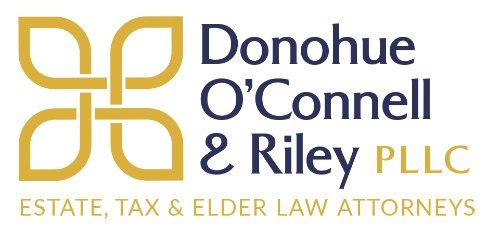
The New York State legislature passed two major Community-Based (in -home) Medicaid rule changes in April, erecting stricter barriers to care for those seeking long-term in-home services in the state. If you or a loved one are considering in-home care in New York, this could have an impact on how you plan.
Currently, to qualify for Community-Based Medicaid there is no look-back period. The most significant change to qualifying for Community-Based Medicaid is that there now will be a 2 1/2-year look-back period, making eligibility for long-term services contingent upon a financial review. In addition, New York set heightened health criteria for qualifying for Community-Based Medicaid services. These new rules take effect October 1, 2020.
The new 2 1/2-year look-back provision mandates that if you are looking to enroll in Community-Based Medicaid long-term care services, you will have to provide your last 2 1/2-years of financial records to your local
Department of Social Services (DSS). The DSS then has 90 days to process your documents and determine your eligibility, although additional document requests often extend that timeline by several weeks, if not months.
If DSS finds that you transferred any significant assets for less than fair market value in the last 2 1/2-years, you will likely be subject to a penalty period during which you will have to cover the cost of your care privately. The length of the penalty period is usually calculated by dividing the assets transferred for less than their fair market value by the monthly cost of care as calculated for your region.
For example, if you transferred assets for $100,000 less than their market value in the last 2 1/2-years, and your monthly cost of care is $10,000, your penalty period will last for 10 months. If the expected penalty period is longer than 2 1/2-years, it is recommended that you wait before applying for in-home care until your expected penalty period has passed. It is also important to note that as a general rule, assets such as real estate and savings can be protected, but your income, such as pensions, annuities, retirement account distributions and social security benefits, cannot.
In addition to imposing a look-back period, the legislature also released new criteria for enrolling in long-term Medicaid services. Currently, if you are found to need at least 120 consecutive days of care, you can qualify for at least some level of long-term care services. After October 1, however, you will need to prove that you require assistance with two or more activities of daily living (ADLs) to qualify for enrollment in Community-Based Medicaid. Individuals who have received a diagnosis of Alzheimer’s or dementia can qualify for Community-Based Medicaid so long as they require assistance with only one ADL.
These new Community-Based Medicaid rules will unquestionably limit the number of seniors who will be able to qualify for Community-Based Medicaid in New York. Residents of New York now, more than ever, need to start preparing early for the next chapter of their lives, especially if they foresee Community-Based Medicaid being a part of their long-term care plans. For more information about how these rule changes might affect you or a loved one, schedule an appointment with a member of the team at Donohue, O’Connell & Riley to review the options that are best suited to your needs.
